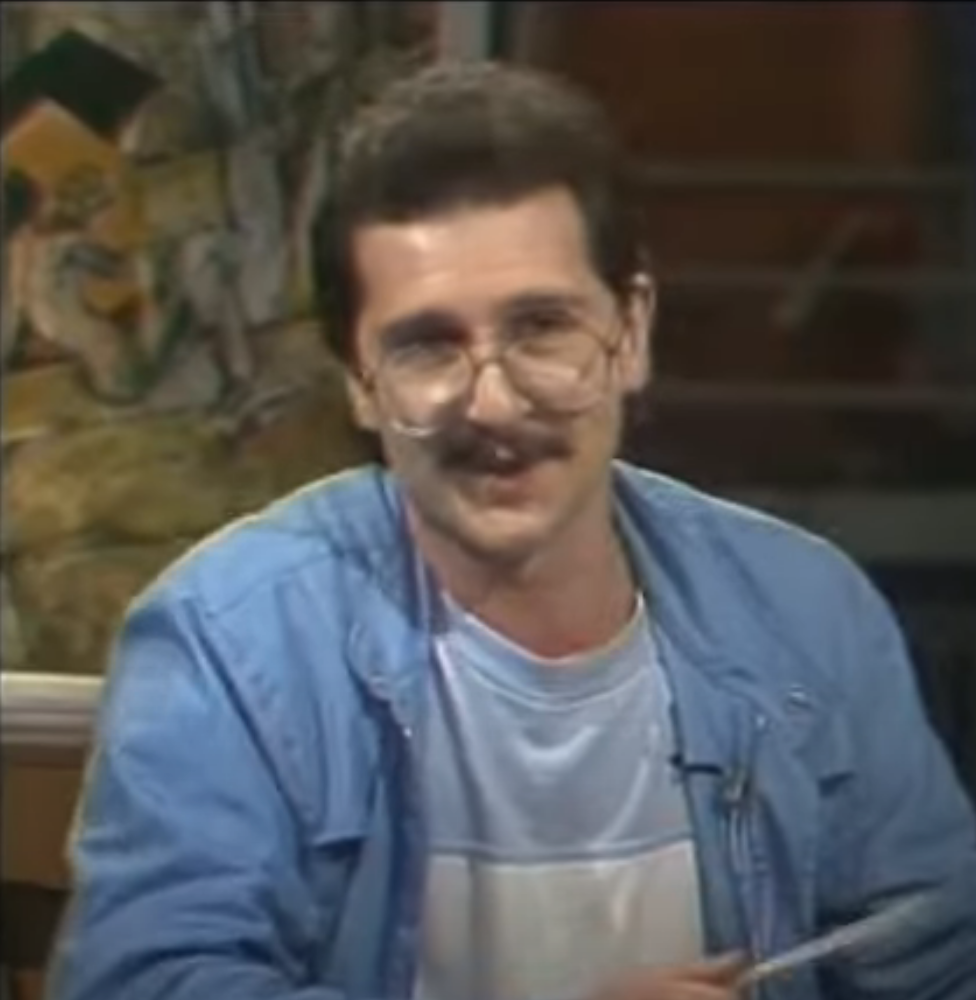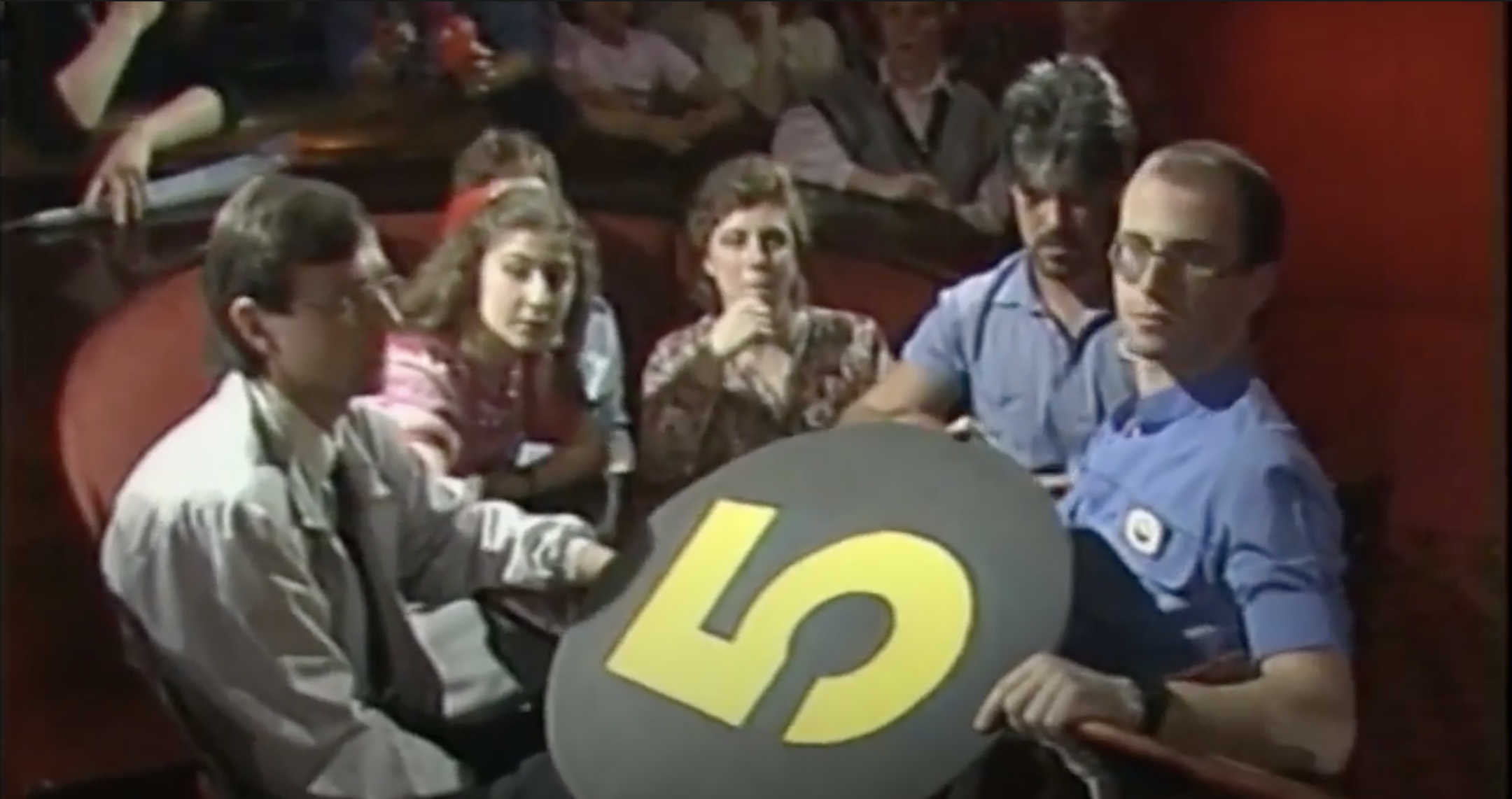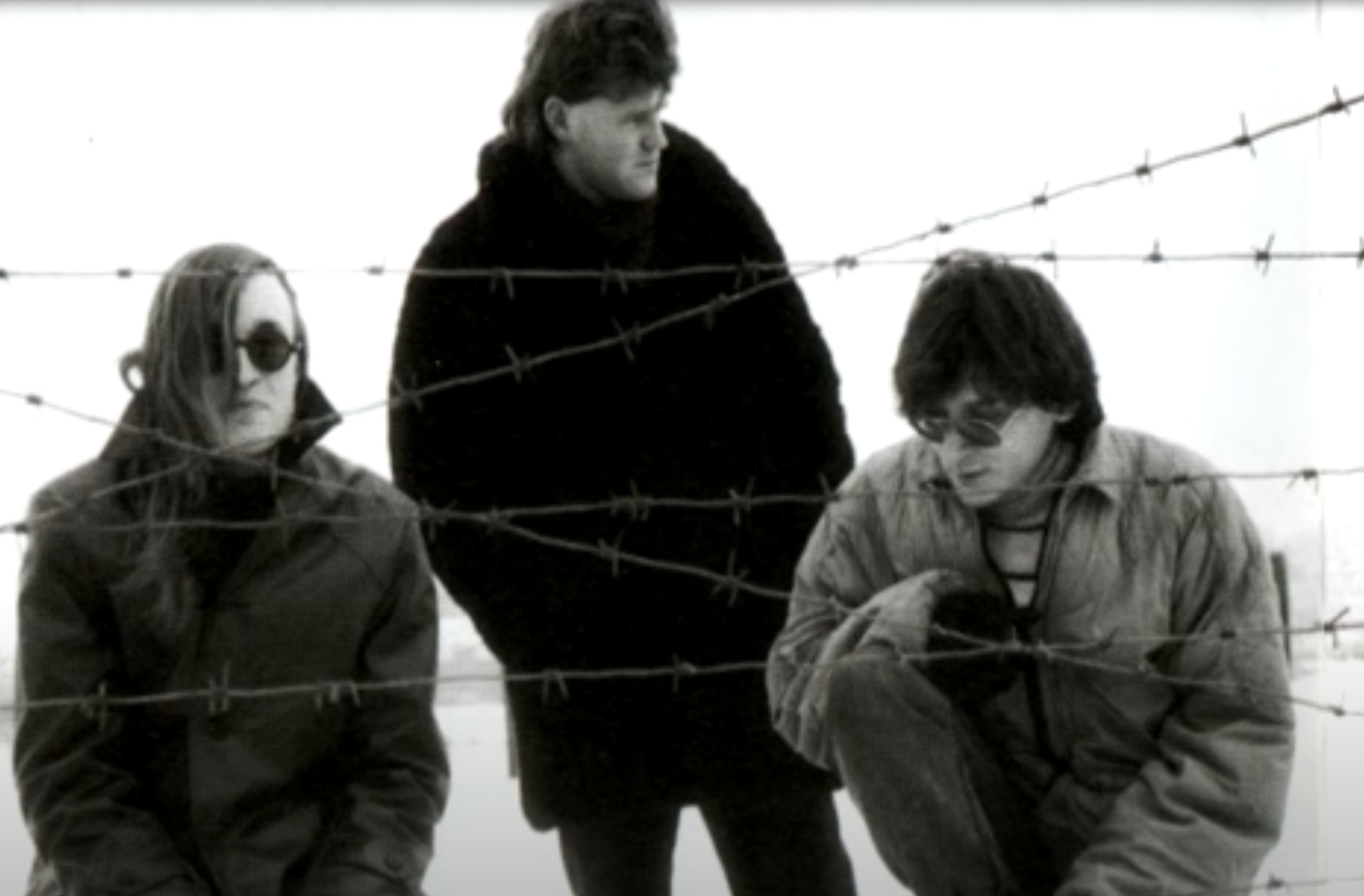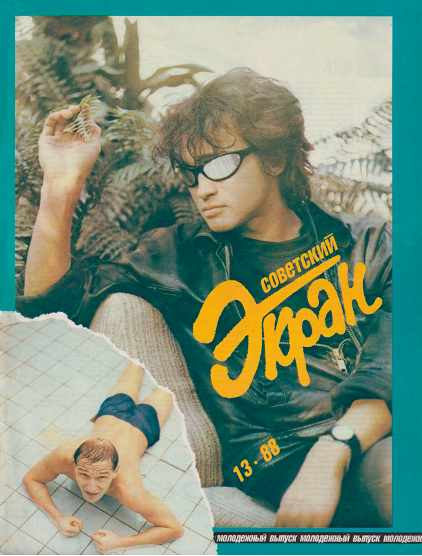Search Results
Search Terms
Results: Displaying Artifact 1 - 6 of 13 in total
Text Containing: 1988
Fields: Human Readable Date
Page: 1
Early “Vzgliad” parodies itself
A 1988 celebration of a year of the late- and post-Soviet youth program “Vzgliad,” where several sketch comedy artists parody and recapitulate its casual, sincere, and freewheeling style of television programming.
The Soviet technical intelligentsia learns Reaganomics on the “Chto? Gde? Kogda?” quiz show
“Chto? Gde? Kogda?” (What? Where? When?), a long-running highbrow quiz show targeted at the late Soviet technical intelligentsia, debates the economic principles underpinning Soviet private enterprise in the midst of perestroika’s economic reforms in 1988.
Manager Board Game 1st edition
A square, indigo board game similar to Monopoly, but reading "Manager". Manager, which became the most successful Monopoly-like made in the former Soviet Union, initially presented itself as scientific and rational in its promise of capitalist success.
View Artifact
"Vse idet po planu." Audio recording. By Grazhdanskaia Oborona
The 16th track on Grazhdanskaia Oborona's 1988 eponymous punk-rock album, whose refrain became a popular catchphrase of the late perestroika and post-Soviet period. The song cemented Egor Letov and his band as a major influence during Perestroika, marking the punk genre's departure from the established norm of largely avoiding politically-charged lyrical content.
“Sovetskii ekran” with Tsoi on cover, 1988
The cover image from Volume 13 (1988) of Soviet Screen (Sovetskii ekran, 1925-1998) depicts Viktor Tsoi (1962-1990) of Kino and Pyotr Mamonov (1951-2001) of the Moscow-based rock band Zvuki Mu, demonstrating how late-Soviet cinema magazines established rock musicians as cultural icons, while the film industry increasingly relied on underground rock culture for commercial content.
No preview available




